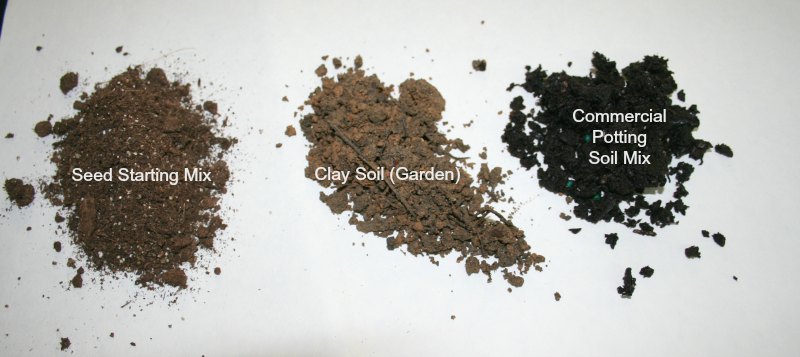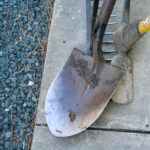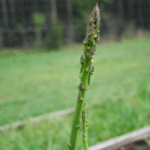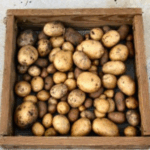Getting your soil professional tested saves time and money. Here’s why it’s important.
Getting Your Soil Professionally Tested
The very best thing you can do for your soil is to have it professionally tested and to talk to your local Cooperative Extension folks about the specifics of improving it.
Call your local County Cooperative Extension office for details and instructions on how to take soil samples. There is a fee for the test, and that fee will vary from place to place, but it is well worth the money and it is not very expensive.
Why Get Soil Tests?
I had our soil professionally tested here at Seven Oaks several times. My goal with obtaining my own home pH meter is to use it on many sections of the garden that I don’t feel merit a full professional test, but that I think need some work. Before I planted the flower gardens, I did indeed have the soil professionally tested and that helped me understand some of the challenges my garden would face.
Sometimes when I talk to the “people who kill plastic plants,” the newcomers to the world of gardening, the entire world of soil pH, soil testing and analysis and amendments to improve soil makes their eyes glaze over. Or worse, they look at me like they’re going to panic, and they stutter, “But I don’t like all that science stuff – I just want to grow a tomato.” The thing about soil is that you do have to know something about what you are working with so that your plants will be happy and healthy.
Know Before You Grow!
You don’t have to be a soil scientist or an expert to grow a great garden. But it is always a good idea to let the experts help you, right? That’s what they’re there for! So use the link above to find your local Extension office and find out more about how you can have your garden soil tested. It’s always safe to add compost to your soil, but before you start piling on commercial fertilizer, lime, and other amendments, know what you’ve got to work with in terms of your soil. Getting your soil professionally tested saves you money before you buy a lot of amendments you may not need.






Good follow up info. It can all seem overwhelming to new gardeners. Sometime, they just need to try first and pick up more info as they go. A local extension is a great resource.